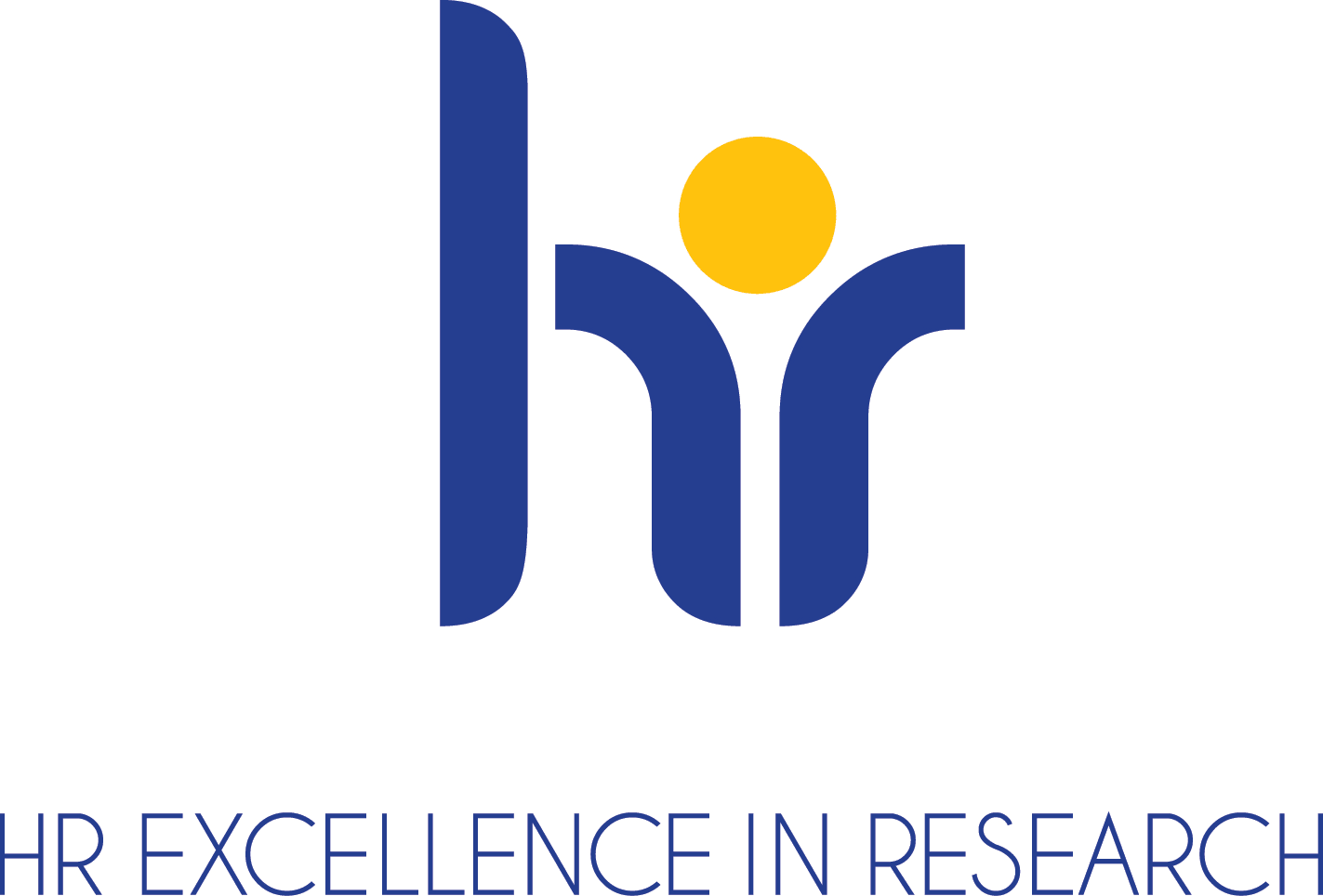
Engineer - Sustainable Digital Technology
- On-site
- Compiègne, Hauts-de-France, France
- Computer sciences and engineering Heudiasyc
The University of Technology of Compiègne is recruiting an engineer to join the Heudiasyc laboratory (UMR CNRS 7253), computer engineering department (GI), as part of the ANR Succen project.
Job description
The University of Technology of Compiègne is recruiting an engineer to join the Heudiasyc laboratory (UMR CNRS 7253), computer engineering department (GI), as part of the ANR Succen project.
Your responsibilities
· Conduct energy measurement campaigns
· Develop a smartphone application
· Contribute to a life cycle analysis
Your activities
The engineer's main activities will be carried out in close collaboration with the project partners:
· Energy measurement experiments in a private 5G network;
· Participating in the life cycle analysis of a 5G usage scenario;
· Developing a smartphone application;
· Project management: organising meetings, writing work reports, liaising with partners, etc.
Additional information
Type of contract and expected recruitment dates
Fixed-term contract – expected duration of 18 months – to be filled in November 2025
Gross monthly salary
Depending on experience and funding
Hours
37 hours and 30 minutes/week – 1,607 hours/year
Working environment and context
The position is based at the Heudiasyc laboratory, computer engineering department.
The successful candidate will join the ANR Succen project team at UTC. They will receive training in life cycle analysis and support from all project partners in carrying out their duties. Travel within France is to be expected.
Scientific background/project summary
The SUCCEN project studies the link between user behaviour and the impact of greenhouse gas emissions linked to 5G in France. It combines local (user level) and global (national level) approaches.
At the local level, a differential life cycle assessment (LCA) evaluates the energy impact of downloading videos on 5G, which accounts for the majority of Internet traffic. Focusing on the last link in the connection (base station → smartphone), a smartphone application will be developed to inform users of their carbon footprint, encouraging them to adjust their consumption.
A sociological study will assess the impact of incentives on users, combining targeted interviews with a small panel and a survey of a large sample of 1,000 people. This mixed approach will enable the potential for reducing 5G demand to be quantified accurately.
At the national level, the project will analyse the relationship between traffic demand and the environmental footprint of 5G, optimising infrastructure sizing based on human mobility. The results will make it possible to assess the impact of individual-level incentives on the overall footprint of 5G in France.
Job requirements
Skills
· Computer science skills
· Experimental study skills
· Scientific rigor
· Ability to learn new topics
Education
Master's degree (engineering or equivalent)
Field
Computer science, networks
or
All done!
Your application has been successfully submitted!

